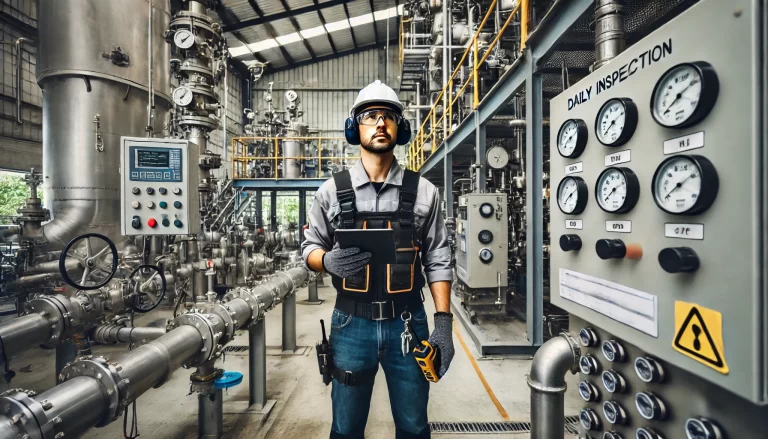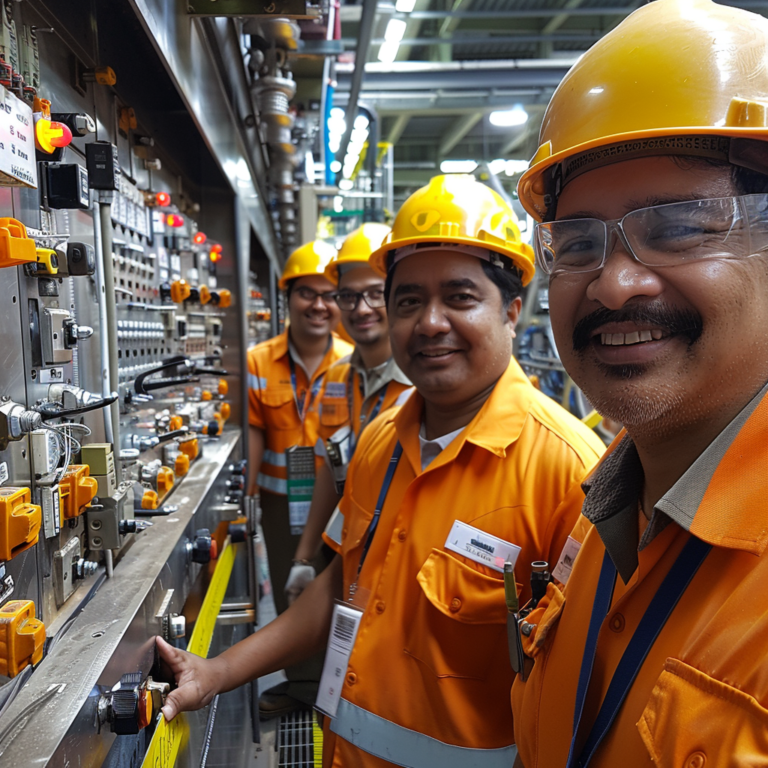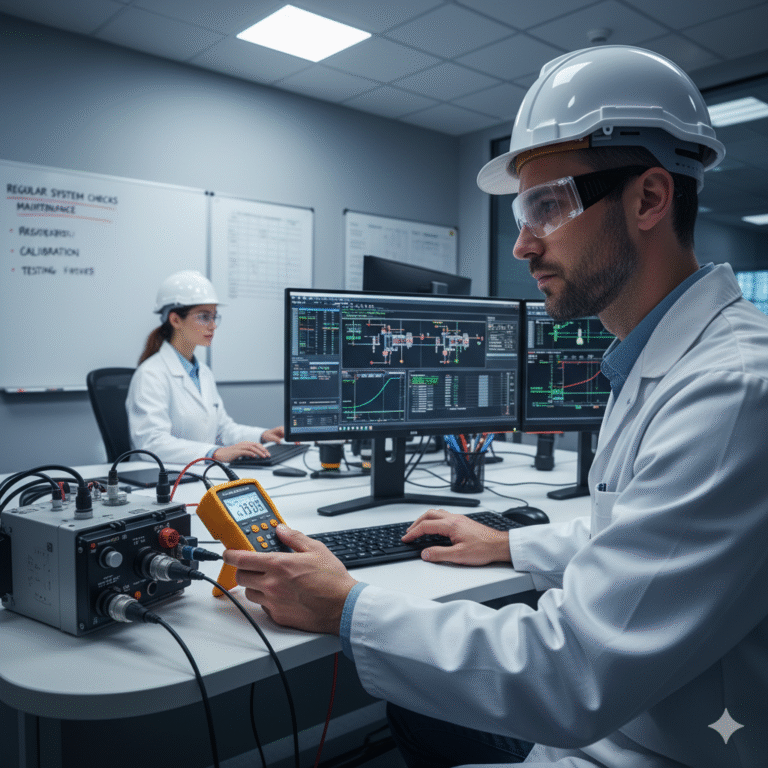The responsibilities of a Fine Chemical Instrumentation Engineer encompass the design, installation, maintenance, management, and collaboration of instrumentation systems in chemical processes. The key duties are as follows:
Instrumentation and Automation System Design and Selection
Participate in the design of instrumentation and automation control systems, such as PLC, DCS, and SCADA, based on production process requirements, ensuring the correct selection of instruments and system architecture.
Select instrumentation, review technical specifications, and ensure compliance with process requirements and industry standards (e.g., explosion-proof, corrosion-resistant).
Prepare instrument loop diagrams, wiring diagrams, layout drawings, technical specifications, operation manuals, and maintenance procedures.

Installation and Commissioning
Guide the installation and wiring of instruments, such as transmitters, actuators, and sensors, ensuring adherence to design standards and safety protocols.
Supervise the installation and wiring of automation control systems, such as control cabinets and PLC/DCS racks, coordinating interfaces with electrical, mechanical, and other disciplines.
Calibrate individual instruments, conduct functional tests, and assist in the overall commissioning of automation systems, resolving any technical issues during the process.
Routine Maintenance and Troubleshooting
Develop and implement a maintenance schedule for instruments and automation systems, regularly inspecting equipment performance and documenting maintenance activities.
Perform routine maintenance, including cleaning, calibration, lubrication, and part replacement to prevent failures.
Quickly identify and troubleshoot instrumentation and system faults, analyze root causes, and implement corrective actions, including repairs or replacements, while documenting the troubleshooting process.

System Optimization and Technical Improvements
Analyze production data and optimize control parameters (e.g., PID tuning) to improve system stability and control accuracy.
Propose instrument and automation system modifications to overcome production bottlenecks and enhance operational efficiency.
Stay updated on industry trends and new technologies, advocating for the integration of innovative solutions into production processes, including system upgrades and software updates.
Compliance and Documentation Management
Participate in the verification and testing of safety interlock systems, such as ESD (Emergency Shutdown) systems, ensuring operational safety.
Organize and maintain calibration records, maintenance reports, and other relevant documentation, supporting third-party calibration and audit processes.
Archive technical documents and establish an asset register to facilitate tracking and management of equipment.

Project Collaboration and Team Support
Work closely with process engineers, electrical engineers, and mechanical engineers to advance project development, addressing technical requirements and interface issues related to instrumentation and automation systems.
Provide training to operational and maintenance teams on the use and upkeep of instrumentation, enhancing the team’s technical proficiency.
Offer ongoing technical support to the production team, answering queries about instrumentation and automation systems, and assisting in optimizing production processes.
